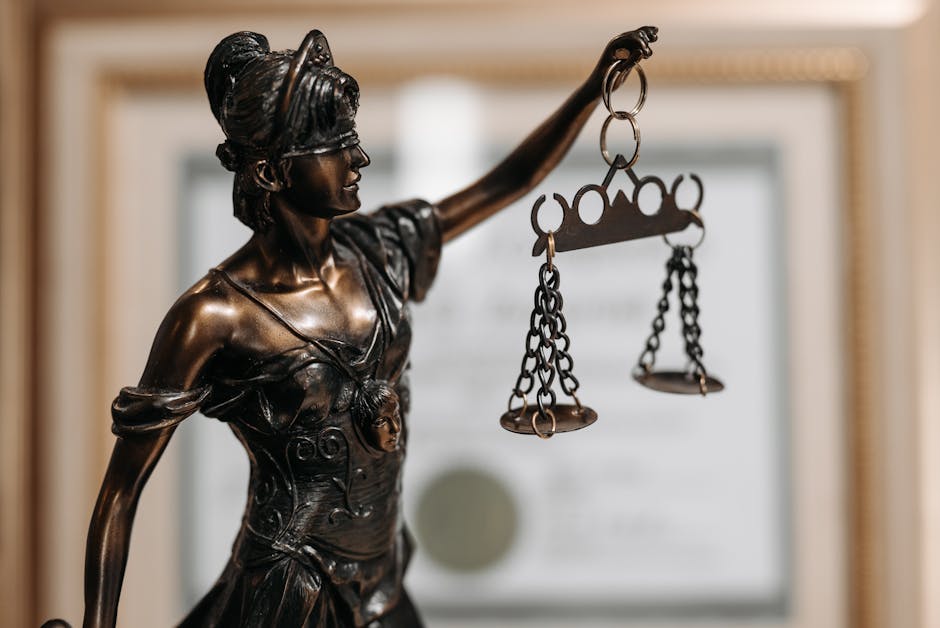A cornerstone of any civilized society, the justice system strives to uphold fairness, accountability, and the rule of law. Its fundamental purpose is to resolve disputes, punish wrongdoing, and protect the rights of individuals. However, the inherent complexities of human behavior, societal biases, and systemic limitations frequently challenge this lofty goal. A crucial question arises: Does the justice system consistently achieve justice? The answer, unfortunately, is nuanced and multifaceted. While the system aims for justice, its success is often hampered by a confluence of factors that prevent it from consistently delivering on its promise.
One major impediment lies in the inherent imperfections of the adversarial process. This system, prevalent in many common law jurisdictions, pits two opposing sides against each other, each striving to present their version of events in the most favorable light. This inherently competitive framework can obscure the truth, prioritizing strategic maneuvering and persuasive arguments over a thorough and impartial search for the facts. Skilled lawyers, particularly those with ample resources, can exploit loopholes, delay proceedings, and manipulate the narrative, potentially undermining the pursuit of justice. The outcome becomes contingent not only on the merits of the case but also on the legal expertise and financial capabilities of the involved parties. This creates an uneven playing field, disproportionately disadvantaging individuals lacking resources or legal representation.
Further complicating matters are systemic biases ingrained within the justice system itself. Implicit biases held by judges, juries, and law enforcement personnel can unconsciously influence decision-making. Studies consistently demonstrate the disproportionate impact of racial and socioeconomic biases on outcomes. Individuals from marginalized communities often face harsher sentencing, less favorable plea bargains, and increased likelihood of wrongful convictions, compared to their privileged counterparts who commit similar offenses. These biases, often unintentional, perpetuate systemic inequalities and erode public trust in the fairness of the system. Addressing these deeply rooted biases requires conscious effort, including ongoing training, data collection and analysis, and implementing strategies to promote diversity and inclusion within the justice system.
Resource limitations pose another significant challenge. Overburdened courts, understaffed public defender offices, and inadequate funding for investigative services often lead to rushed processes, limited access to expert witnesses, and ineffective representation. This reality disproportionately affects individuals who cannot afford private legal counsel, leaving them vulnerable to unjust outcomes. The inherent tension between providing sufficient resources and managing budgetary constraints necessitates a continuous reevaluation of funding priorities and resource allocation to ensure equitable access to justice.
The process of law itself, while striving for objectivity, is not immune to interpretation and subjectivity. Laws are inevitably framed through a societal lens, reflecting prevailing values and norms. These values can shift over time, rendering older laws outdated or incongruent with contemporary ethical standards. The very definition of “justice” is fluid and subject to ongoing debate, making the pursuit of an absolute, universally agreed-upon standard challenging. Continuous reform and adaptation of legal frameworks are essential to ensure alignment with evolving societal values and to prevent outdated laws from perpetuating injustice.
Furthermore, the complexities of human behavior often confound even the most well-intentioned efforts to achieve justice. Witness testimony can be unreliable, memories can fade, and motivations can be obscured. The pursuit of truth is often hindered by the inherent limitations of human perception and recall. Advancements in forensic science and investigative techniques can assist in uncovering facts, but they cannot entirely eliminate the risk of human error and bias.
The issue of wrongful convictions highlights the inherent fallibility of the justice system. Despite safeguards designed to prevent miscarriages of justice, innocent individuals are regularly convicted and imprisoned. Faulty eyewitness testimony, inadequate forensic analysis, prosecutorial misconduct, and ineffective legal representation are among the contributing factors. The devastating consequences for the wrongly convicted, including lost years of freedom and the profound impact on their lives and families, underscore the urgent need for improvements in investigative techniques, judicial oversight, and post-conviction review processes.
In conclusion, while the justice system aspires to achieve justice, its capacity to consistently deliver on this aspiration remains imperfect. The adversarial system’s inherent biases, systemic inequalities, resource constraints, and the subjective nature of legal interpretation all contribute to challenges in consistently achieving justice. Addressing these challenges requires a multifaceted approach involving reforms to legal processes, increased funding and resources, focused efforts to combat bias, and a continuous evaluation of the system’s effectiveness. Ultimately, the pursuit of justice is an ongoing process, requiring unwavering commitment, vigilance, and a willingness to acknowledge and address the system’s inherent limitations. Only through continuous reform and critical self-reflection can the justice system hope to better fulfill its fundamental purpose of providing fairness, accountability, and protection to all members of society.
